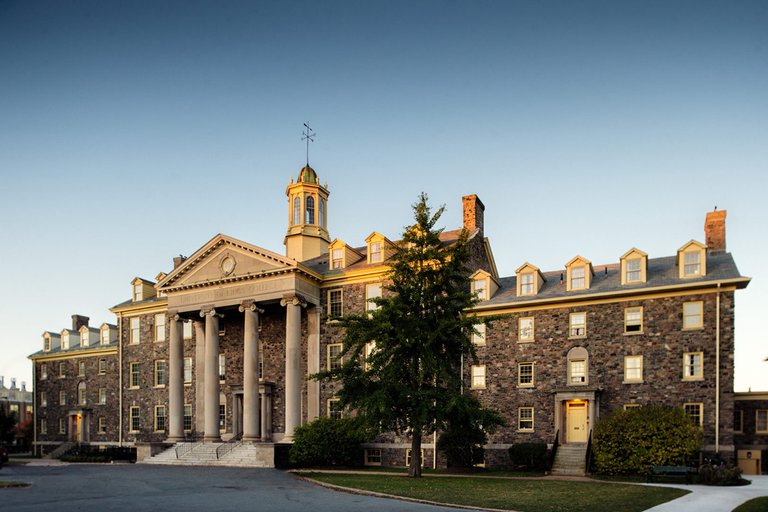Education & Youth
Nova Scotia College Introduces Tuition Freeze to Support Students
In an effort to ease financial burdens, a leading Halifax college has announced a tuition freeze for the next academic year, affecting more than 8,000 students.
Published on 2025-07-14T04:15:28
By Priya Desai

A prominent college in Halifax has announced a tuition freeze for the upcoming academic year, offering financial relief to thousands of students affected by rising living costs and inflation. The University of King’s College made the announcement Monday, stating that the freeze reflects a commitment to accessible education.
The freeze, which applies to both domestic and international students, halts planned increases that were scheduled to take effect in the fall. Tuition fees at the university currently range from $9,000 to $18,000 per year depending on program and residency status.
University President William Lahey said the decision was made after extensive consultations with students, faculty, and financial officers. “We recognize the economic pressure our students are under,” Lahey stated. “Freezing tuition is one step we can take to ease that burden while maintaining the quality of our academic offerings.”
The move has been widely applauded by student groups across Nova Scotia. The King’s Students’ Union released a statement calling the decision “a meaningful response to real student hardship,” and urged other institutions to follow suit.
In recent years, the cost of living in Halifax has climbed steadily, driven by increased housing demand and food prices. Students have reported needing multiple part-time jobs just to afford basic necessities, prompting calls for stronger institutional support.
The province’s Department of Advanced Education confirmed that it will continue funding the university at current levels despite the tuition cap. A government spokesperson said the decision reflects “shared responsibility in supporting student success across the region.”
International students, who often face higher fees and fewer financial aid options, welcomed the freeze as a rare gesture of inclusivity. “It feels like they’re thinking about us, not just domestic students,” said Rajiv Banerjee, a second-year business major from India.
Instructors and faculty associations have also expressed support, noting that retention rates are closely tied to affordability. Professor Julie Maren, who teaches journalism, said she has seen talented students drop out mid-term due to financial strain.
While tuition remains frozen, the university plans to invest in on-campus employment programs and emergency bursaries. These initiatives aim to give students more options to manage costs without compromising their academic workload.
Critics, however, caution that continued freezes could strain long-term university budgets. Some warn that the institution must ensure this initiative does not lead to cuts in programming or resources.
The university says it will conduct a review next spring to assess the impact of the freeze and determine whether it can be extended. In the meantime, applications for the 2025-2026 academic year have already increased compared to the same time last year.
The tuition freeze is part of a broader trend among post-secondary institutions in Canada that are reevaluating affordability in light of national inflation rates and student debt levels. Several universities in Ontario and British Columbia are reportedly considering similar moves.
For the 8,000 students currently enrolled at King’s, the announcement is welcome news. “This shows that the school is listening,” said undergraduate student Natalie Chen. “Now we can focus more on learning and less on scraping by.”